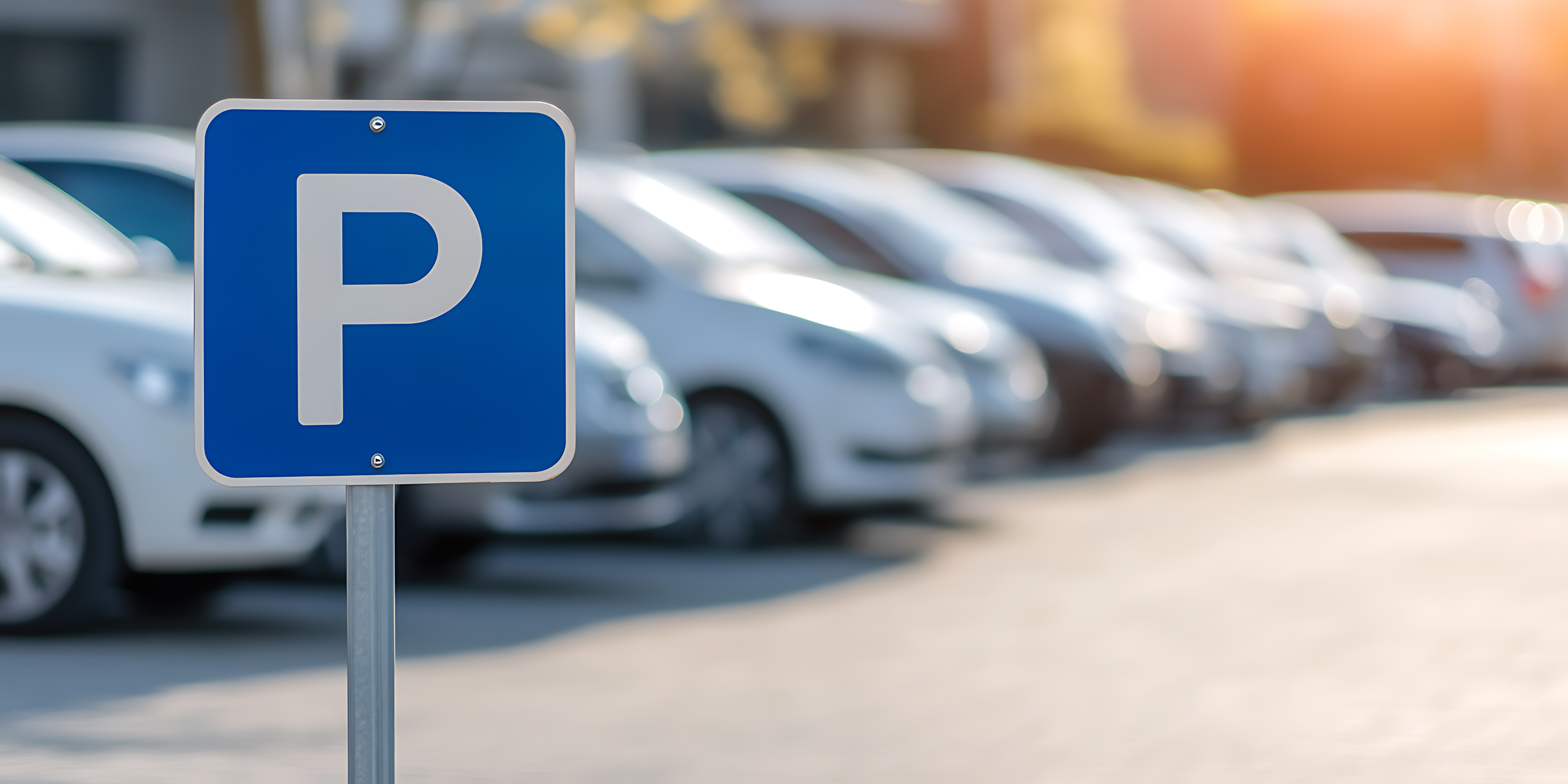More and more municipalities are reducing on-street parking to make room for cyclists. This increases the need to use existing off-street parking spaces more efficiently. For example, many cities are currently thinking about how to make better use of municipal and private parking spaces. Why, for example, are vacant supermarket parking spaces or office parking spaces not used for residents' parking at night?
Less parking space, but new forms of mobility also require space
In addition, new forms of smart city mobility are already becoming visible: car sharing and charging stations for electric cars are spreading in German municipalities. The availability of parking space is crucial for the acceptance of such forms of mobility. A sharing user certainly does not want to spend a long time looking for a parking space. With electric cars, the availability of charging facilities is an additional factor. Parking areas can bundle these offers. The car-sharing car can be parked in the car park, the e-car can be charged while shopping.
Digitization of parking spaces as a prerequisite for the smart city
Currently, however, parking spaces are statically designed for a single use case, e.g. the "supermarket space for customers only". In order to enable different applications on a parking space, it must be possible to manage parking spaces digitally and automatically. Otherwise, inefficiencies will occur due to the conflict between different user groups. In addition, it should be possible to charge different uses differently.
Digital parking lot management with Peter Park
Peter Park uses license plate recognition at entrances and exits and intelligent parking management software to make full use of the resulting opportunities for optimized, dynamic parking space usage. Partnerships with parking apps such as Parkster also enable customer-friendly payment options. Contact us for a no-obligation consultation on digital parking management with Peter Park .
Photo by Philipp Bachhuber on Unsplash

.jpeg)





.png)